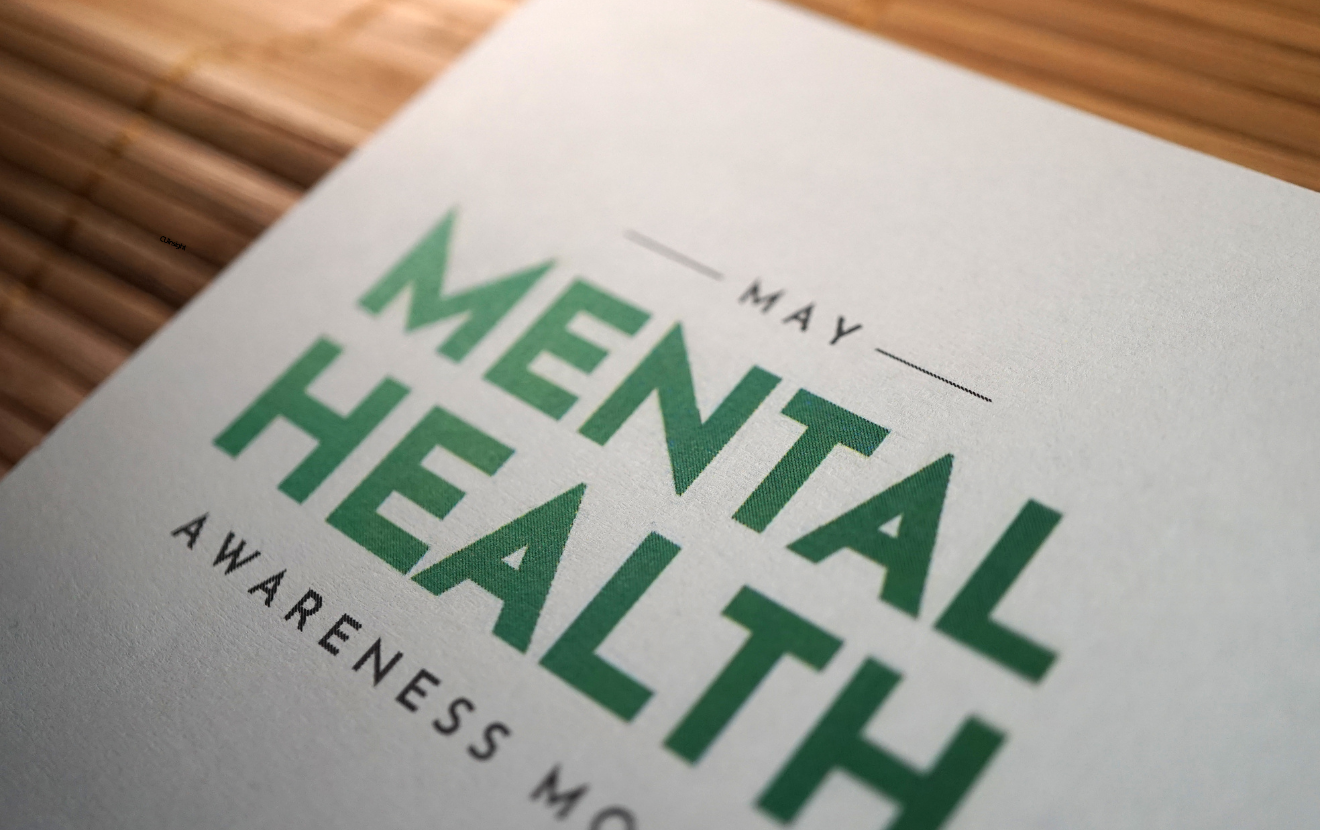According to data from the U.S. Bureau of Labor Statistics, approximately 40% of U.S. families include children under the age of 18. With employment rates of the heads of households of those families ranging from 75 to 91 percent (with nearly two-thirds of both parents being employed in two-parent households), working parents make up a significant percentage of the workforce.
And right now, they are not okay.
Over the past month, I have been collecting data from women balancing caregiving responsibilities and careers in the time of Covid. The survey was designed to capture the sentiments of women who are working full-time while also providing caregiving responsibilities (for children or adult relatives whose typical care was impacted by Covid). Questions measured respondents’ confidence level regarding decisions they have made for their families and careers; the stated likelihood of pursuing additional career growth; and their employers’ response to the current reality.
As employers, volunteer-led organizations, and community institutions concerned about member financial well-being, this survey provided a number of data points that credit unions must understand and potentially respond to. Here is a look at a few of those results:
1: People are choosing to step back.
More than one-third of survey respondents indicated they have chosen to formally scale back their careers in order to accommodate additional caregiving responsibilities. Just under one-third of survey respondents indicated that a partner has scaled back his/her/their career in order to accommodate heightened caregiving responsibilities. In some cases-- approximately 17% of households where there are two partners in caregiving-- both partners have formally and voluntarily scaled back their careers in order to balance increased caregiving responsibilities.
Why does this matter? For employers, this scaling back may look like a reduction in the workforce with current employees opting out of full-time schedules. This scaling back may also correlate with a reduction in overall household income, which may compromise the financial well-being of the members you serve. With this being a voluntary reduction, these numbers are not reflected in national unemployment figures; however, you may seem them in financial stability (and slowing repayment) among your borrowers.
2: Total hours worked have been extended.
Nearly 75% of survey respondents indicated they have significantly flexed working hours to include early mornings, late evenings, or weekends in order to fit caregiving responsibilities and work both in.
Why does this matter? While employees may still be working for your organization for the same number of hours each day, the additional caregiving responsibilities many are taking on have added to their total hours worked (compared to in leisure/rest) each day. This results in a significantly increased workload, but without necessarily seeing the results that might energize employees after putting in a few long days to finish up a project. Instead, employees have indicated they feel stuck; like no matter how many hours they put in, the work does not get done; and as though there is no time to recharge. This creates a risk of burnout, as well as exhaustion that may lead to mistakes and/or disengagement in an unsustainable approach to work.
3: When it comes to leaning in, women are opting out.
Nearly 70% of respondents will not consider pursuing additional responsibilities or professional development opportunities or volunteering in a professional capacity outside of their organization. At this time, one out of four women cannot currently consider investing the time in mentoring another professional and 28% of respondents would not pursue a promotion that they previously would have considered.
Why does this matter? Top leadership positions in credit unions continue to be male-dominated, with 85% of CEO roles at $1B+ asset-sized credit unions held by men and a staggering majority- some studies show as much as 75%- of board members being male. If women are decreasingly likely to step up for volunteer roles or to raise their hands for promotions, it will make gender balance even harder to achieve. Research indicates that gender balanced boards and executive teams lead to greater creativity, greater profitability, and greater relevance to communities served. If your organization cannot appeal to women who also balance caregiving responsibilities, you will miss out on the most comprehensive talent pool available.
What Can Be Done?
The data points to a gloomy reality: Employees feel overwhelmed and even fearful about the present and the future. Nearly 40% of survey respondents indicate that because of the choices they have made since March 2020, their confidence in their career trajectory is low. Almost 20% are concerned they made career choices that have compromised the safety of their family. There are no easy answers for the highly personal, individual decisions that employee must make right now. By creating an environment where employees—and your members—are supported through these difficult decisions, you may help ease their burden. Specific examples of how some employers have created flexibility for employees include:
- Shifting to a 4-day work week.
- Making return-to-office fully optional.
- Providing a childcare stipend.
- Changing policies to explicitly allow for children to be in the home during working hours.
- Introducing “Covid Time Off,” an unlimited bank of time used for specific Covid-related issues.
Those organizations that have missed the mark on extending empathy and understanding are those who have reminded employees of lay-offs and a rising unemployment rate (as though employees should just feel lucky they have employment and stop complaining); those who have failed to acknowledge that a disruption to typical caregiving plans will continue to persist for an unknown time period; and those who have continued to manage by counting time at a desk rather than results delivered.
There are no easy answers to navigating a global pandemic, no clarity on what the best decisions are or even the timeline in question. There is one certainty, though: Your organization needs humans to thrive and right now, those humans need empathy and understanding to survive.
If you are struggling to support employees during this time, Humanidei is here to help. With voice of the employee discovery tools, remote work competency assessments, and executive coaching programs, we can help you build a workplace where all your team members feel valued and supported.








